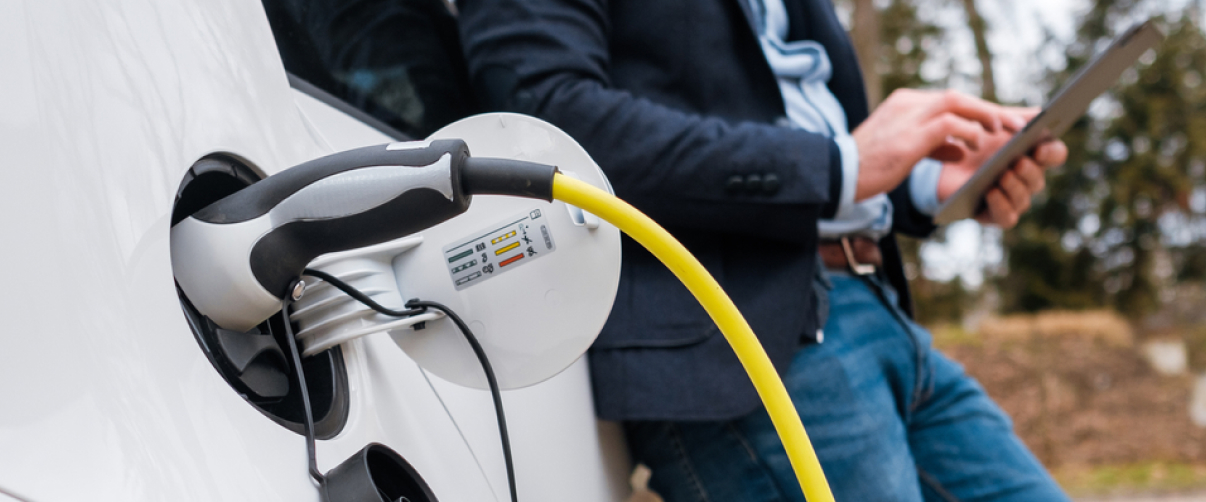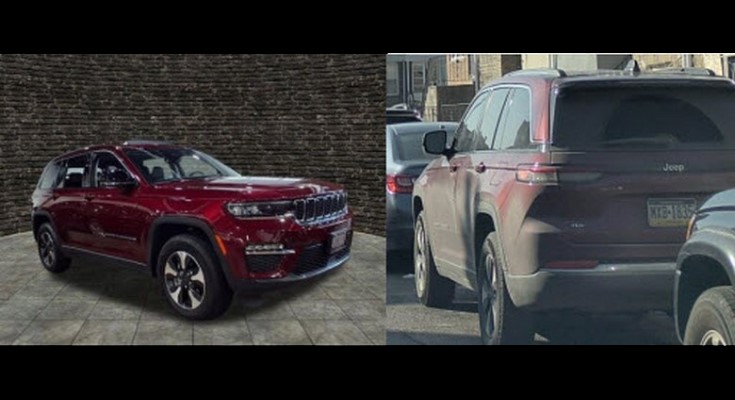What is a Traditional Hybrid Vehicle?
A traditional hybrid vehicle, often simply referred to as a hybrid, combines an internal combustion engine with an electric motor to enhance fuel efficiency and reduce emissions. In these vehicles, the electric motor assists the gasoline engine during acceleration and other high-demand scenarios.
One of the remarkable features of hybrids is their ability to recharge the battery through regenerative braking. This means that energy normally lost during braking is captured and used to recharge the battery, eliminating the need for external charging. As a result, hybrid vehicles can switch seamlessly between gasoline and electric power based on driving conditions, leading to improved fuel efficiency and reduced emissions.
What is a Plug-in Hybrid Vehicle?
Plug-in hybrid vehicles, or PHEVs, take the hybrid concept a step further by incorporating larger batteries that can be charged externally via a standard outlet or charging station. This allows PHEVs to drive significant distances solely on electric power before switching to the gasoline engine.
The flexibility to charge the vehicle’s battery without driving means that PHEVs can maximize their electric usage, significantly reducing fuel consumption and emissions. Additionally, many PHEVs may qualify for tax incentives and rebates, helping to offset the initial purchase cost.
Key Differences Between Traditional Hybrids and Plug-in Hybrids
Battery Size and Electric Range
The most significant difference between hybrids (HEVs) and plug-in hybrids (PHEVs) lies in their battery size and electric-only driving range. While traditional hybrids have smaller batteries recharged by the gasoline engine and regenerative braking, PHEVs feature larger batteries that provide extended electric-only driving ranges—typically between 20 to 50 miles.
Charging Methods
Traditional hybrids do not require external charging; they rely on the gasoline engine and regenerative braking to keep the battery charged. In contrast, plug-in hybrids need to be connected to an external power source to recharge their larger batteries fully.
Fuel Efficiency and Emissions
PHEVs offer greater fuel efficiency and lower emissions compared to traditional hybrids, especially for drivers who can take advantage of the extended electric-only range. By driving on electric power for most short trips, PHEVs significantly reduce the reliance on gasoline, decreasing fuel costs and tailpipe emissions.
Cost Considerations
Plug-in hybrids often have a higher upfront cost due to the larger battery and additional technology. However, they may qualify for federal tax credits and state incentives, which can offset the initial investment. Traditional hybrids are generally less expensive and do not require any changes to your daily routine, such as installing a home charging station.
Benefits and Considerations for Potential Buyers
Deciding between a hybrid and a plug-in hybrid depends on your driving habits, lifestyle, and budget. If you have regular access to charging facilities and typically drive short distances, a PHEV might offer significant fuel savings and environmental benefits. On the other hand, if you often drive longer distances or prefer not to worry about charging, a traditional hybrid could be the better choice.
It’s also essential to consider the availability of charging infrastructure in your area and whether you can install a charging station at home. While PHEVs can charge from a standard outlet, upgrading to a Level 2 charger can significantly reduce charging times.
Conclusion
Both traditional hybrids and plug-in hybrids offer substantial benefits in terms of fuel efficiency and environmental impact. By understanding the key differences between them, you can choose the vehicle that best aligns with your needs and contributes to a more sustainable future.
Whether you’re leaning towards the convenience of a traditional hybrid or the extended electric capabilities of a plug-in hybrid, there are plenty of options available. Manufacturers like Toyota offer a range of hybrid and plug-in hybrid vehicles to suit different preferences and lifestyles.
Ready to Make the Switch?
If you’re interested in exploring hybrid or plug-in hybrid vehicles further, consider visiting dealerships like Rallye Lexus or Toyota of Louisville. They offer a variety of models and can provide additional information on financing options, incentives, and more.
Take the next step towards a greener future by choosing the hybrid technology that best fits your lifestyle.












